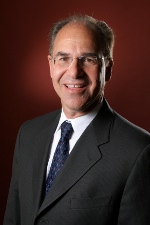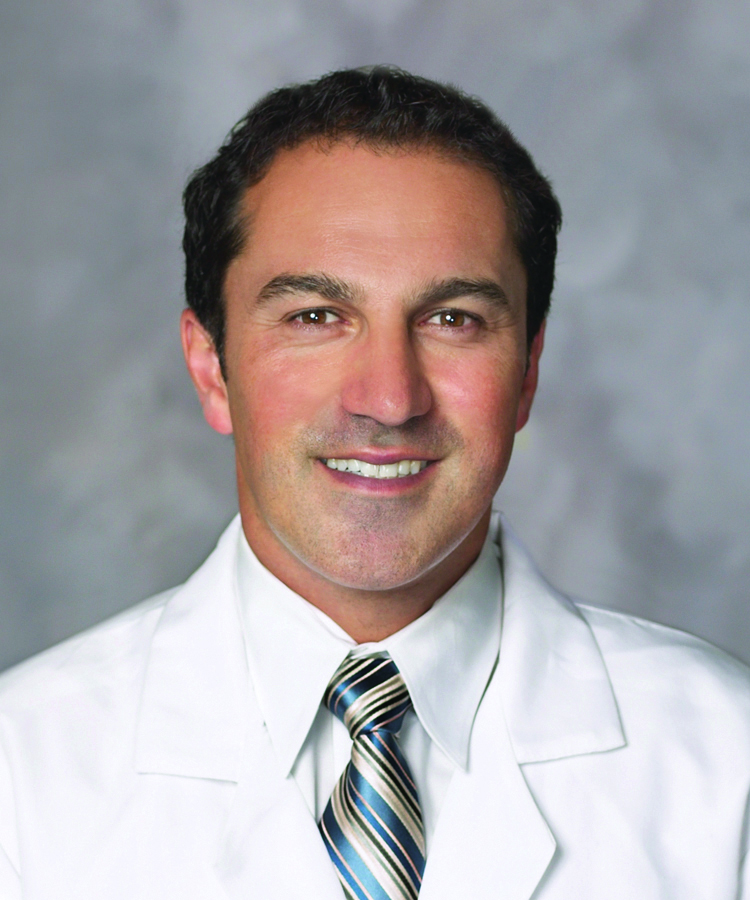
1. Know what each is looking for in the other. Depending on the level of training, the mentor/mentee relationship will be different. At higher levels, the surgeon is looking for a mentor to demonstrate surgical techniques and style as well as successful patient relationships.
 "The training surgeon will look to the mentor for specific words to describe a diagnosis or punchline to use when describing clinical or surgical techniques," says Amir Vokshoor, MD, a neurological spine surgeon with DISC Sports & Spine in Marina Del Rey, Calif. "It's the role of the mentee to remain a blank slate with enough curiosity and openness to take on these new techniques and ways of diagnosing problems, and add to their diagnostic and therapeutic armamentarium."
"The training surgeon will look to the mentor for specific words to describe a diagnosis or punchline to use when describing clinical or surgical techniques," says Amir Vokshoor, MD, a neurological spine surgeon with DISC Sports & Spine in Marina Del Rey, Calif. "It's the role of the mentee to remain a blank slate with enough curiosity and openness to take on these new techniques and ways of diagnosing problems, and add to their diagnostic and therapeutic armamentarium."
2. Create a productive environment. The mentors must create a useful environment for information exchange, whether the office or operating room, so the younger surgeons aren't fearful of asking questions or engaging with them.
"You want to make sure the relationship isn't so one-sided that the mentee isn't able to engage in curiosity and creativity," says Dr. Vokshoor. "There must be a disciplined format so the information exchange can happen within a highly efficient and representative structure because that's what it takes to practice medicine and perform surgery well."
3. Promote critical thinking. Richard Guyer, MD, co-founder of Texas Back Institute in Plano and director of the Texas Back Institute Fellowship Program, uses the Socratic method with his training surgeons and fellows to teach critical thinking skills. He asks them questions about how something is done, even though he knows the answer, to make sure they have learned appropriately.
"It's my job to really try to encourage them to learn as much as they can and not spoon feed them," says Dr. Guyer. "Most fellows we see have good technical skills in the OR and we help refine those skills. It's the constant questions and getting them to work through those questions to the right responses that really make a difference."
This method can be frustrating for surgeons because they could complete tasks faster than their training physicians, but it's important for the less experienced surgeons to gain new insight.
4. Approach each session with enthusiasm. It's important for surgeons, both experienced and training, to have enthusiasm for their specialty and treatment area. Depending on the training physician, dealing with spine patients could be exciting or daunting.
"Set the example for the younger surgeon, whether a fellow or medical student, on how to view spine patients," says Dr. Guyer. "I want to infuse in them enthusiasm for spine. Some of my associates say they won't want their children to go into medicine in today's healthcare environment, and I think that's wrong because academically it's so exciting."
Dr. Guyer and his partner Jack Zigler, MD, are often involved in research and lecturing in addition to their clinical practice. They bring training surgeons along with them on these endeavors as well. "We hope that some of our excitement will filter to the younger surgeons in the group and our fellows so they can see how you can have a wonderful practice and academic career at the same time."
5. Focus on bedside manner in addition to surgical skill. Different types of mentors are more or less equipped to pass along good bedside manner in addition to outstanding surgical skill. Training surgeons should learn to be empathetic and comforting to their patients, just as they become proficient with surgical techniques.
"Depending on the relationship, certain mentors will provide you with those types of skills," says Dr. Vokshoor. "We all remember surgeons who were great in the operating room but might not have had great people skills, and vice versa. It's very important for mentees to be smart, take notes and try to better themselves on both fronts."
Back pain patients are notoriously challenging to work with because they have chronic pain and discomfort. Practice developing the "art of medicine" in diagnosing this pain and interact with them to make their experience better.
6. Give as many opportunities to the training surgeon as possible. Surgeons in fellowship training often have one year dedicated to building their core knowledge base. Dr. Guyer recommends they read as much as possible during that time and gain as many experiences as possible before devoting themselves to building their own practices.
"Take as much time as you can managing patients in the clinic and get as much exposure as possible in the operating room," says Dr. Guyer. "There is nothing like experience; a person becomes wise because of their experience. You learn to deal with tough complications and stay cool. If they get rattled, they rattle the scrub nurse and everyone is ineffective."
When Dr. Guyer was training, he remembers his mentor telling him to take a time-out and look at the X-ray again before finishing the surgery. "When you are a surgeon you need a short break sometimes," says Dr. Guyer. "Then you can come back and concentrate on the procedure."
7. Mentors can benefit from the relationship as well. The experienced surgeon can learn as a result of their evolving relationship with training physicians. "I love to train fellows because if you do it properly, you learn as much from them as they do from you," says Dr. Guyer. "When the fellows ask me questions I don't know, we look it up. It's a two-way street and that's why most teachers enjoy it."
It's a long process from start to finish for the training physicians, and Dr. Guyer is always proud to see their progress.
"The advantage for me with training fellows is when they come up with the right answer because I can see the light bulb go on," he says. "All the work we put into training them has finally paid off. You see them get it and start from a young spine surgeon to someone who is ready to graduate a mature spine fellow."
8. Build appropriate expectations when training is over. While some mentor/mentee relationships last throughout the surgeons' careers, others end when the residency or fellowship finish. Mentors should build the right expectations for training surgeons as they become future colleagues.
"Certainly later in training a physician that is leaving their mentor could be seen as a potential competitor or partner in certain situations," says Dr. Vokshoor. "It's a delicate dance that has been traversed well in some scenarios and not in others. I think honestly, transparency and respect are the cornerstones to trying to make the transition as seamless and cordial as possible."
More Articles on Spine Surgeons:
8 Key Ingredients for True Spine Centers of Excellence
10 Spine Surgeons Directing Residency Programs
8 Predictions on the Future of Spine Surgery Innovation


